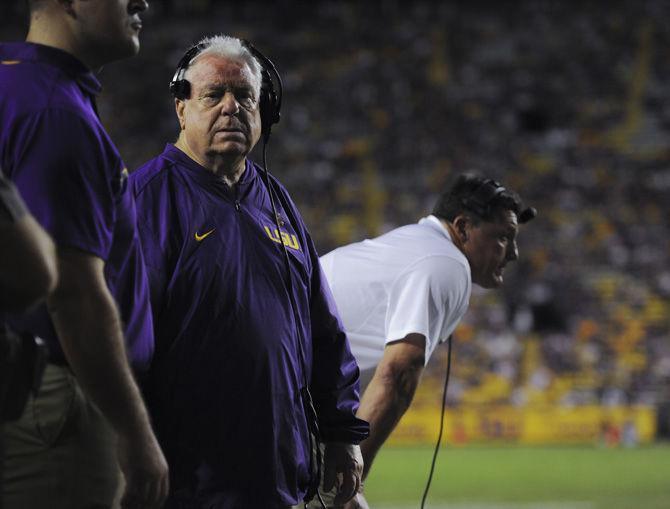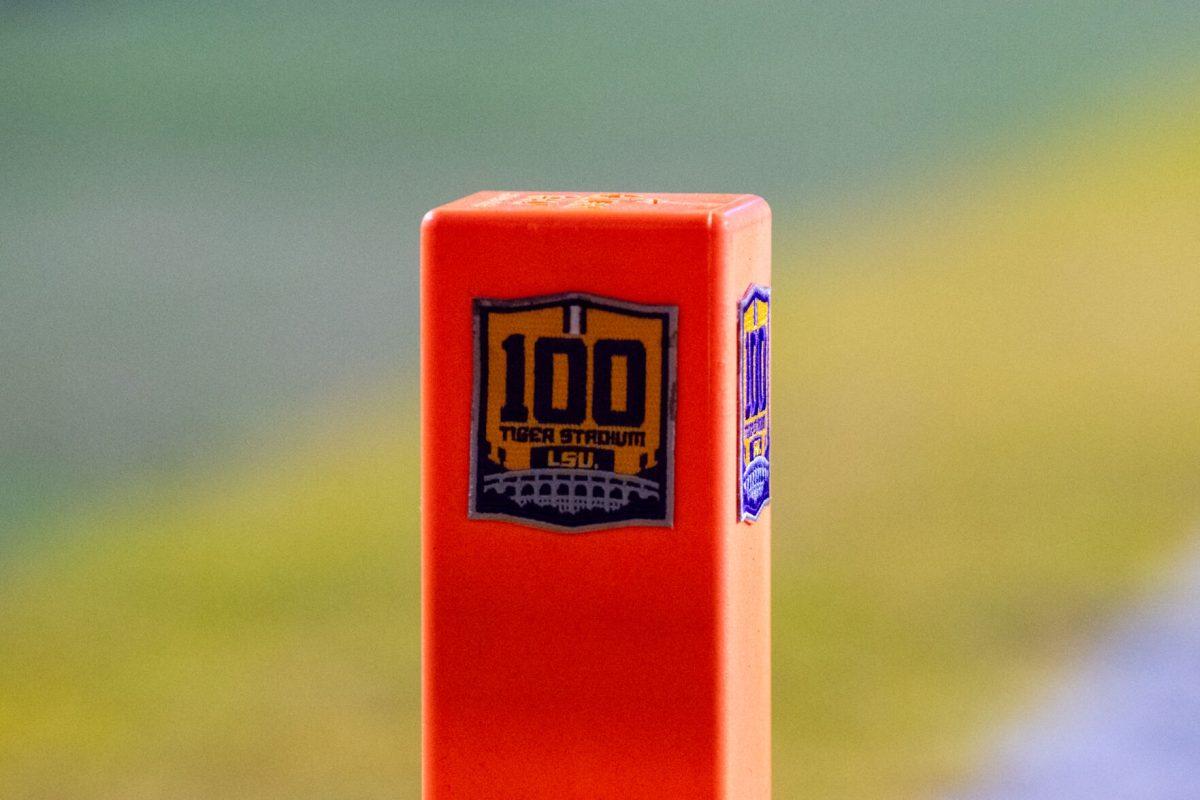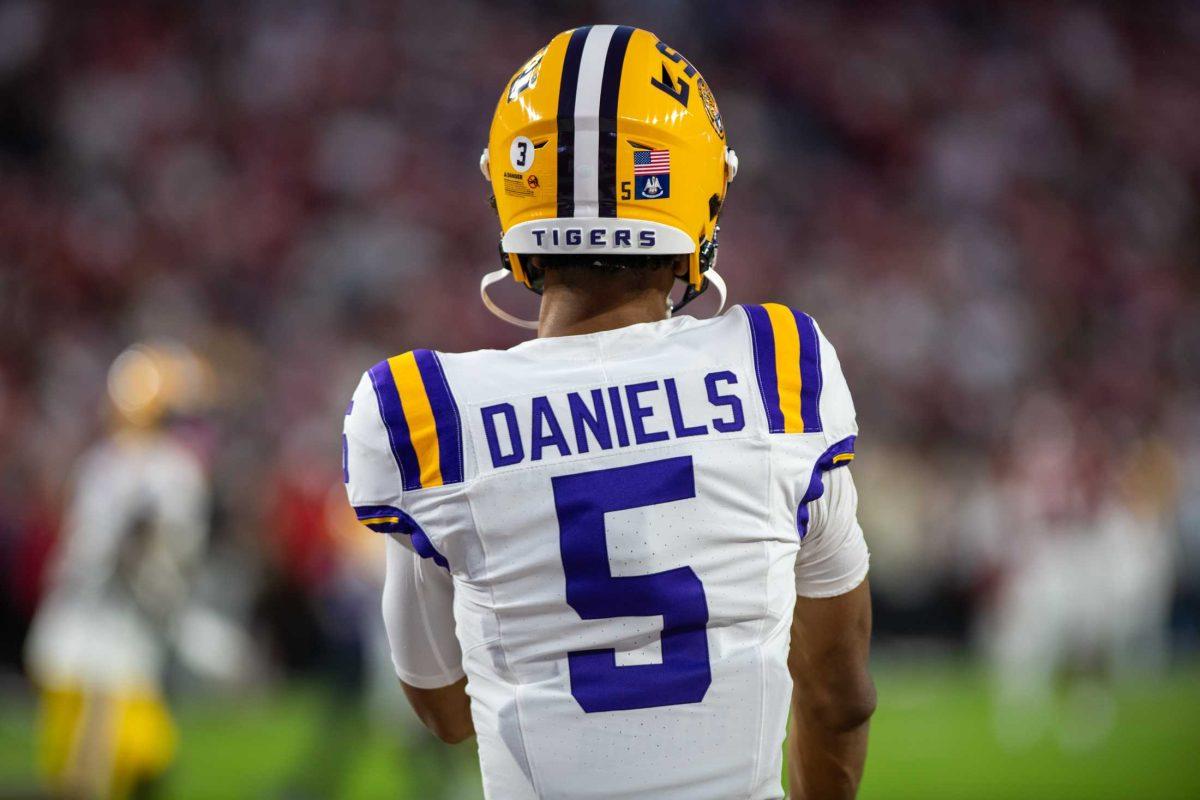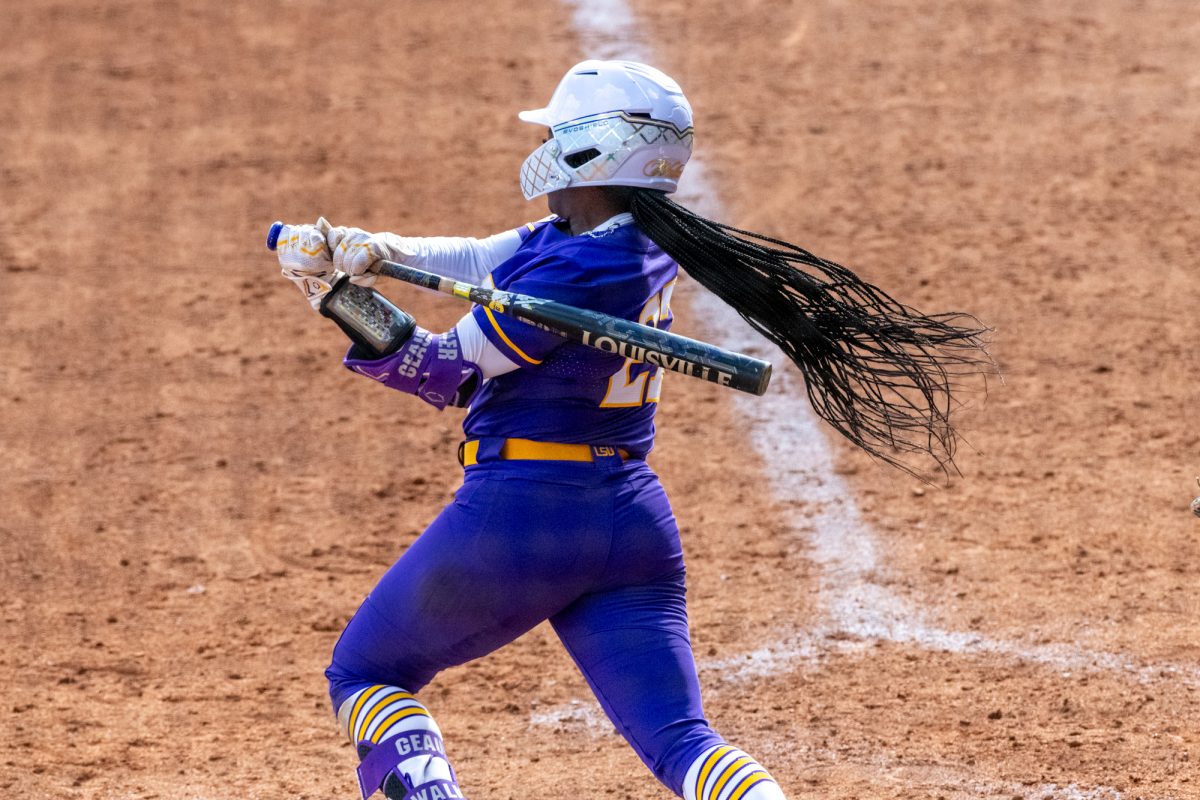It doesn’t get much worse than 706 yards allowed as a defense.
In fact, for LSU, it never has. The yardage Ole Miss piled up against the Tiger defense in September was the most any LSU defense has allowed in a game.
A visibly exasperated Brian Kelly had few words in his press conference immediately following the 55-49 loss.
“Angry, disappointed, I could give you all the adjectives,” Kelly said “It’s not the way I like to play football.”
The struggles of the LSU defense are at risk of jeopardizing the team’s season and wasting what is otherwise a strong team. Kelly needed to find a solution.
The following Monday, Brian Kelly confirmed that LSU had hired legendary 82-year-old defensive line coach Pete Jenkins as a defensive analyst for the remainder of the season.
Jenkins has a long history with LSU, coaching the team’s defensive line from 1980-90, 2000-01 and 2016-17.
He’s also one of the most respected minds in football history when it comes to defensive line play. He’s known for a deep understanding of the position from its very basics and has worked as a consultant for teams and individual prospects for years since the end of his formal coaching career.
Jenkins has a history of serving as a steadying presence for new LSU coaches in the past, consistently coming through as an emergency option. Both Nick Saban and Ed Orgeron turned to the coach’s services early in their tenures.
Now, he’s been called on once again in LSU’s time of need. He’s expected to help shore up an LSU defense that may be one of the worst in program history.
More specifically, he has to address an LSU defensive line that is performing well below expectations. The unit was supposed to be the strength of the defense, but in the game against Ole Miss, the Tigers were pushed around by what was supposedly a poor offensive line and finished with no sacks while allowing over 300 rushing yards.
So who is Pete Jenkins, besides the man tasked with rescuing the LSU defense?
Jenkins has LSU ties that go way back into Tiger history through multiple stints. He was originally hired as the defensive line coach at the school before the 1980 season and stayed on until 1990, surviving three different head coach tenures, a testament to the respect his skill has garnered.
Throughout those 11 seasons on the LSU staff, he had multiple stints as the defensive coordinator and associate head coach.
After head coach Mike Archer was fired following the 1990 season, Jenkins took the defensive line position with Mississippi State, where he stayed until he accepted the same position at Auburn in 1996.
Jenkins was on the Auburn staff through the 1998 season and finally returned to LSU as defensive line coach at the request of first-year head coach Saban in 2000 after a 3-8 1999 season for the Tigers.
MORE FOOTBALL: ‘Not the standard’: LSU football falls to Ole Miss 55-49 in Oxford shootout
He coached under Saban for two years before retiring and didn’t take another coaching job until Andy Reid called him to the NFL as the Philadelphia Eagles’ defensive line coach. Across his three years there from 2007-09, he coached two future Pro Bowl defensive linemen in Jason Babin and Trent Cole and aided an Eagle defense that finished in the top 10 in points allowed twice.
After another retirement, Orgeron called for him to join his USC staff midway through the 2013 season after being named the interim head coach. After coaching for all of seven games there, Jenkins retired again.
When Orgeron once again found himself as the interim head coach of a team in 2016 with LSU, his first call was again Jenkins. Because of his strong relationship with Orgeron and his love for LSU, Jenkins couldn’t resist, despite the Tigers facing the tumultuous end of the Les Miles tenure. He was lured out of retirement again and was the defensive line coach through the 2017 season.
All told, Jenkins has coached over 30 defensive linemen who have gone on to play in the NFL across his many stops, from Leonard Marshall and Marcus Spears to Arden Key and K’Lavon Chaisson. He was also a part of Southeastern Conference championships for LSU in 1986, 1988 and 2001.
Throughout his many breaks from coaching, Jenkins has continued to offer his services to teams at all levels in brief consultations. This, however, will be his first permanent role on a coaching staff since 2017.
It would be a vast overstatement to assume the addition of Jenkins will be the fix-all for an LSU defense whose issues are clearly deep-seeded. The expectation for him is not Herculean: based on his past stints, his role will likely be relatively part-time, and he’ll join as an advisor to current position coach John Jancek.
Still, the prospect of adding the expertise of one of the most storied position coaches in college football history to a group that sorely needs it is certainly interesting.
“We want to provide our student-athletes with the most resources, and Pete gives us the expertise and the ability to help us with technique,” Kelly said.
The Tigers’ defensive line group has plenty of talented but raw prospects like Sai’vion Jones and a star in the middle in Maason Smith who has stunningly been a non-factor this season.
Jenkins’ influence may be invaluable for those two players; the sky’s the limit for both of them, but it’s clear when watching their game that a certain refinement is needed. Enter Jenkins.
The loyalty Jenkins has for LSU is admirable, as he has come through for the program time and time again at pivotal junctures. However, it may say something about the state the LSU defense is in that the team is turning to an 82-year-old retiree.
Kelly needs to exhaust all options to salvage an LSU season that could potentially be great if the team’s all-world offense was matched with even an average defense, and he deserves credit for doing so.
Only time will tell if this move will prove fruitful, but the LSU defense can only go up from here.










